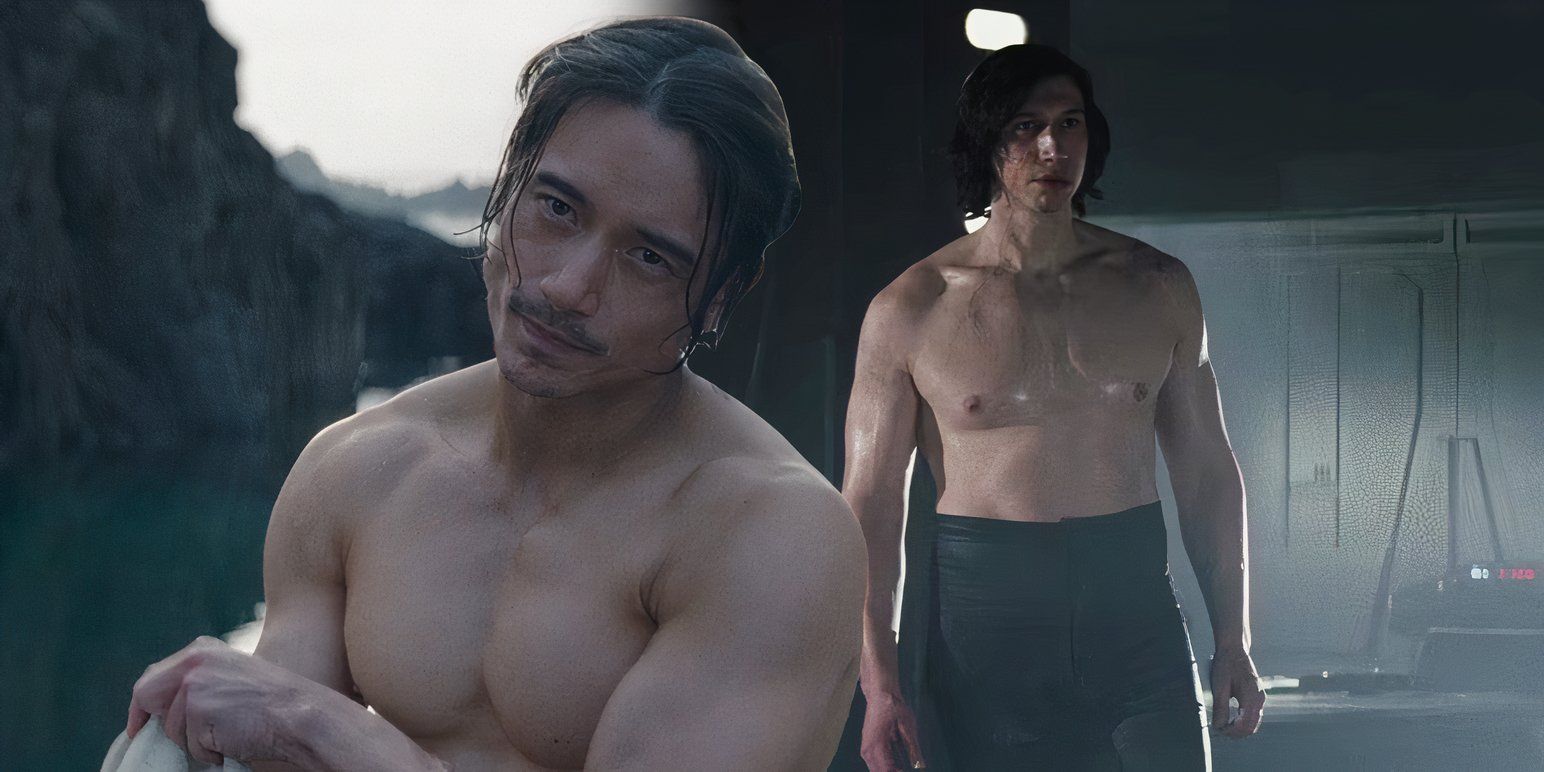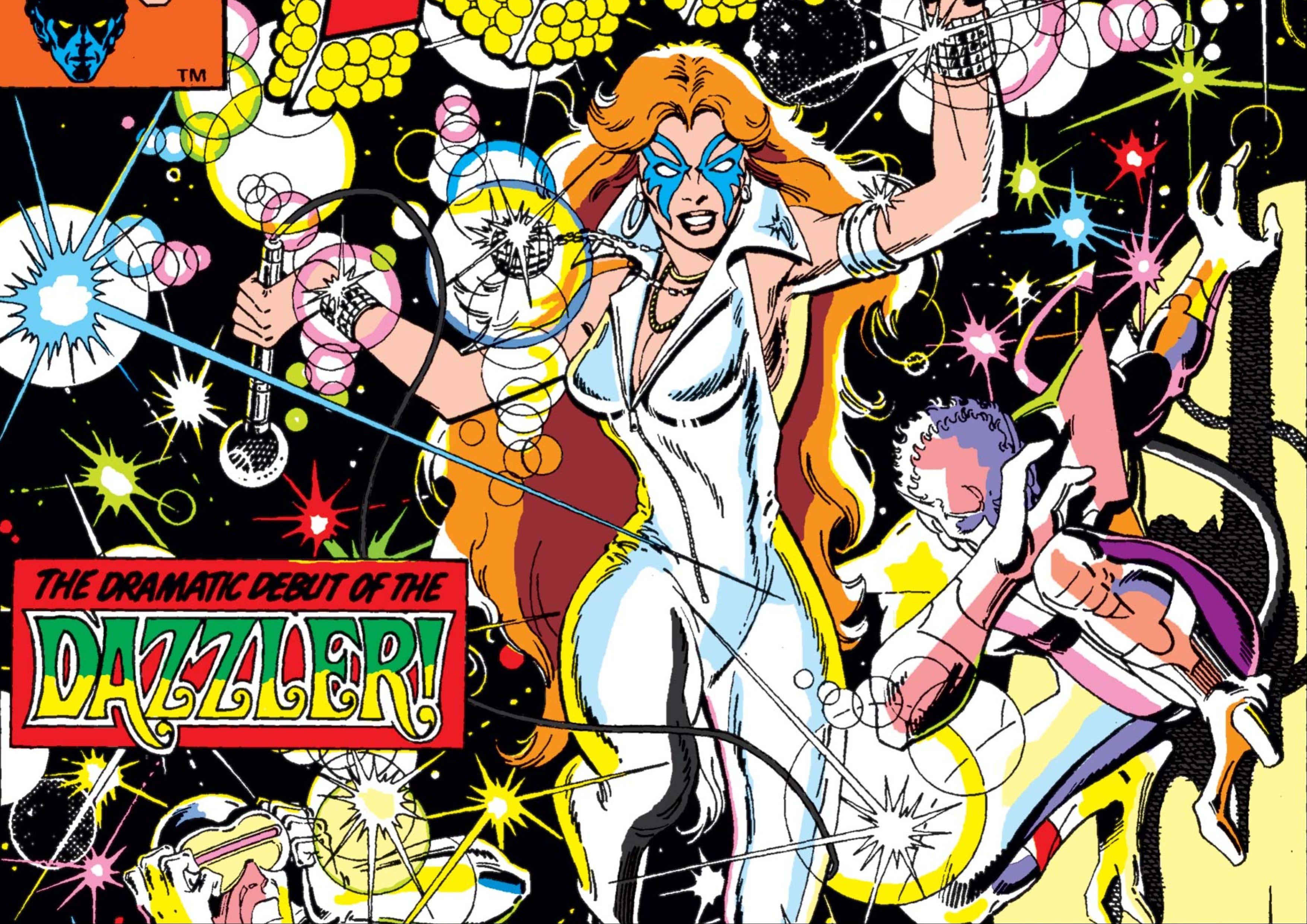Triangle Of Sadness, the winner of the 2022 Palme d’Or award at the Cannes International Film Festival, is a delicious yet humorous take on the complicated theme of beauty and power and opened in U.S. theaters on Oct. 7th. Set on a cruise ship for the super-rich, this wicked comedy and satire is the second Cannes winner for Swedish director, Ruben Ostlund, having won previously in this category for The Square (2017).
Ostlund joins the legion of many groundbreaking foreign film directors who have added vibrancy and creativity to the global film industry both for international films and Hollywood blockbusters. IMDb users have recognized some of the greatest foreign film directors of all time who shaped the silver screen of yesterday and today.
Federico Fellini (Italy)
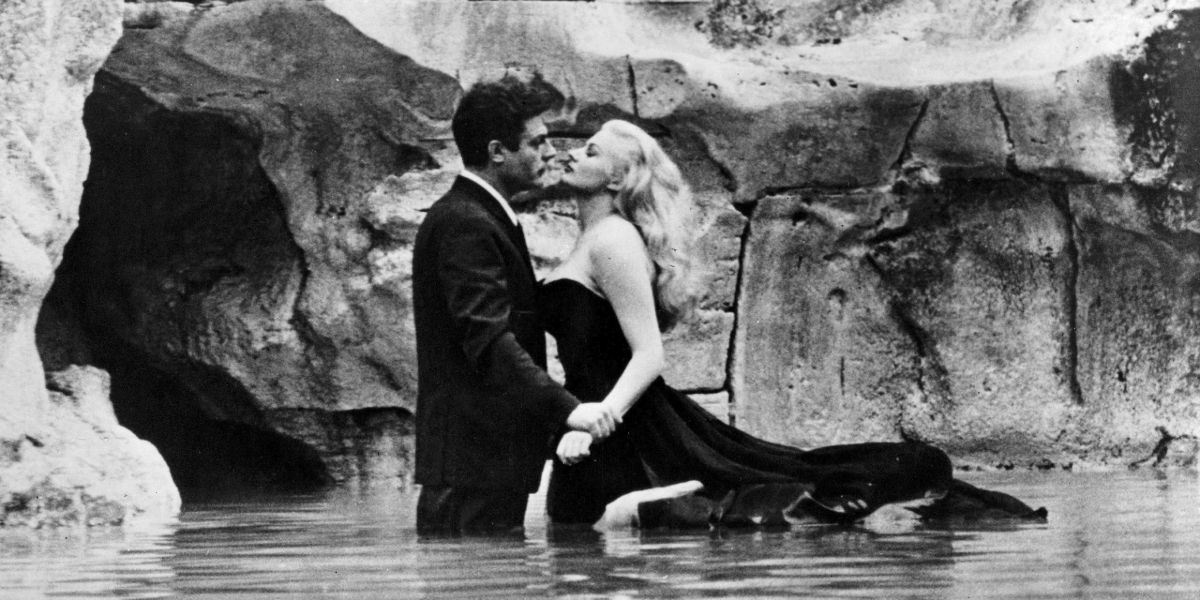
Fellini is acknowledged as one of Europe’s greatest Italian filmmakers, weaving together a sense of fantasy and naturalness in all of his films. A uniquely talented writer and director of iconic movies such as La Strada (1954), Roma (1972) and La Dolce Vita (1960) early in his career he catapulted to global stardom.
La Dolce Vita is considered one of the greatest Italian films of all time being both a critical and box office success, winning the Palme d’Or for Fellini in 1960 and revered by illustrious film directors of today. Over his legendary career, Fellini won a Careers Golden Lion at the Venice Film Festival in 1985 and was nominated for 16 Academy Awards, of which he won four, including a Lifetime Achievement Award at the 65th Academy Awards.
Akira Kurosawa (Japan)
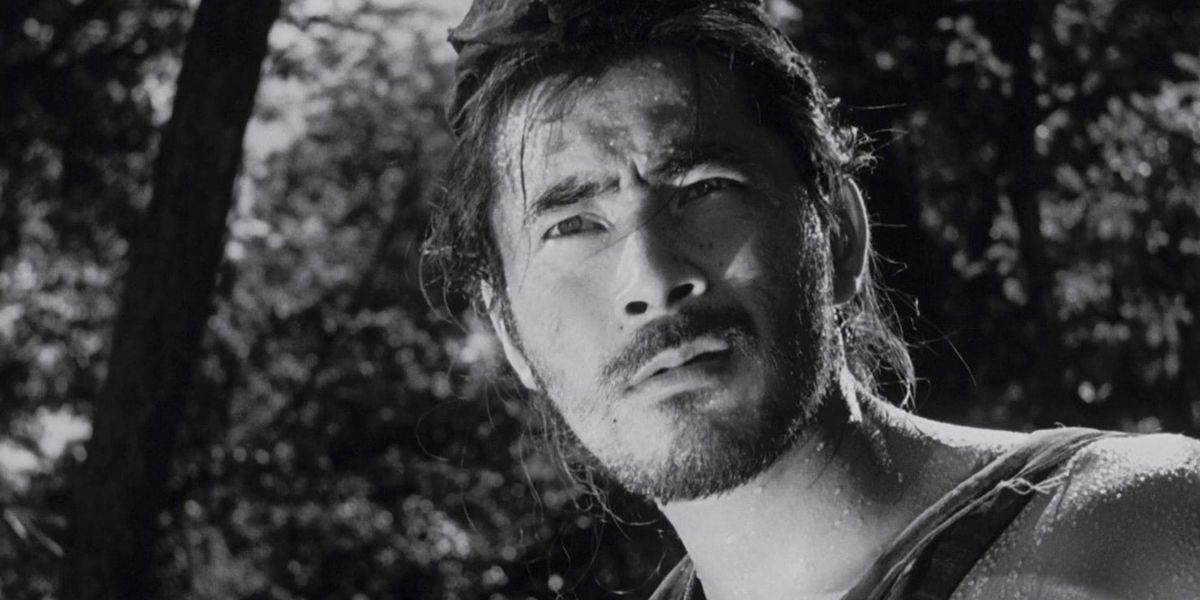
A filmmaker who stands out as one of most important and consequential filmmakers of all time, Kurosawa had a three-decade long career of films which continue to inspire audiences around the world. Garnering the Golden Lion at the 1951 Venice Film Festival for the movie, Rashomon, Akira Kurosawa single-handedly opened the door for Japanese filmmakers to be considered by the Western world.
His directorial genius is evident in iconic films such as Ikiru, Seven Sumarai, and later hits from the 1980s, including Kagemusha and Ran, where he beautifully introduced themes and cultures unknown to most if its global viewers. IMDb’s consideration of Kurosawa as one of the greatest foreign directors also can be attributed to his deep influence on many of the leading directors of today, including Quentin Tarantino, who pay homage to him and other Japanese directors with his innovative filmmaking style.
Jean-Luc Godard (French-Swiss)
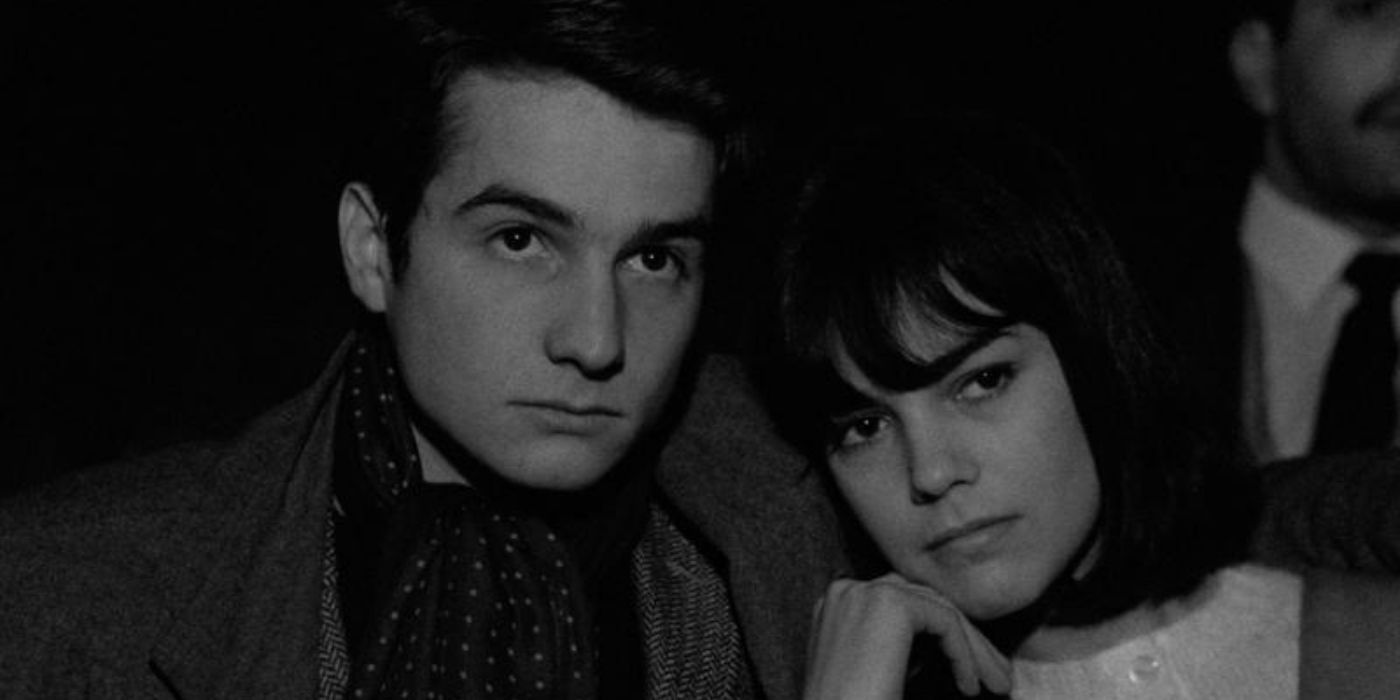
An icon of the French New Wave movement, Jean-Luc Godard’s experimental, modern and innovative style of directing makes him one of the most lauded French filmmakers of his era.
A career spanning from the 1960s to 2001, Godard’s films were a breath of fresh air for audiences with his striking use of visuals, modern storytelling, and creative camera work, which had never been seen before. Godard revolutionized French and world cinema forever, as seen in his iconic movies Breathless and Masculin Feminin, all the way to his last movie in 2001, In Praise of Love.
Jacques Tati (France)
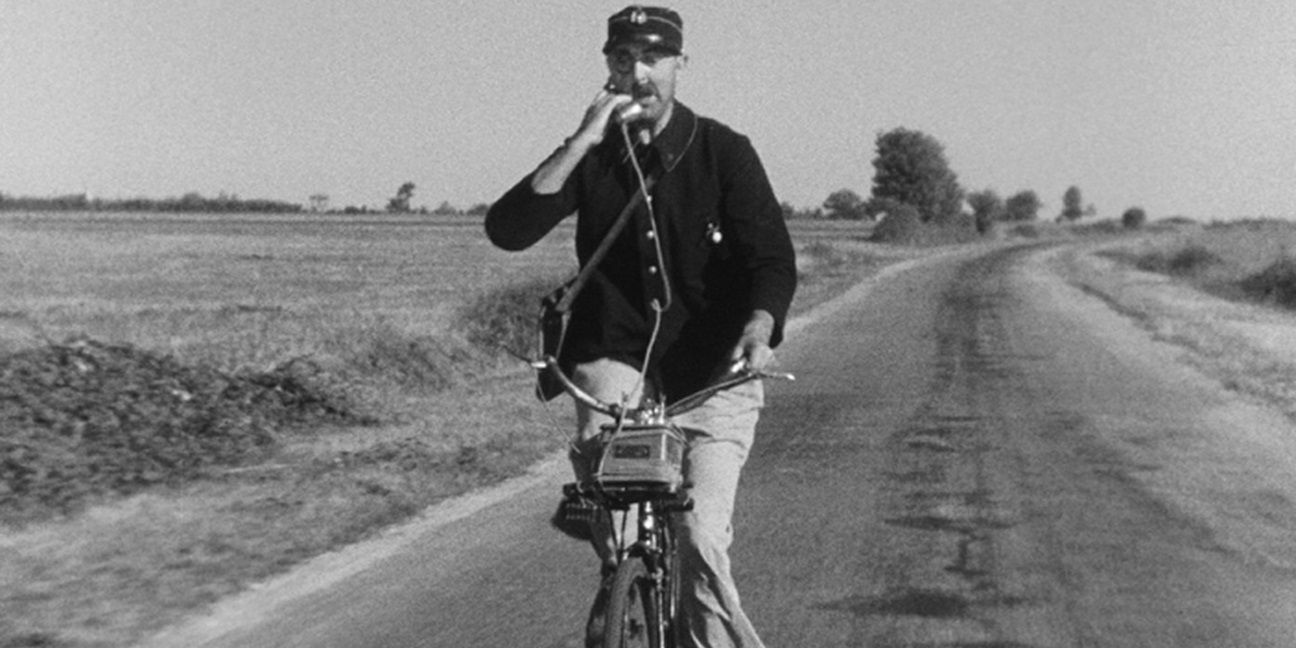
Another genius from the French shores was Jacques Tati, the multi-talented director who was also revered for his skills as a mime, actor, and screenwriter.
Though he only directed six films, his critically acclaimed movie, Playtime, as well as his last film, Trafic, featured him as the character Monsieur Hulot, showcasing his comedic genius which was the foundation of his film and acting career and how he was originally discovered. His fresh comedic approach to cinema makes his inclusion important when looking at world cinema.
Ingmar Bergman (Sweden)
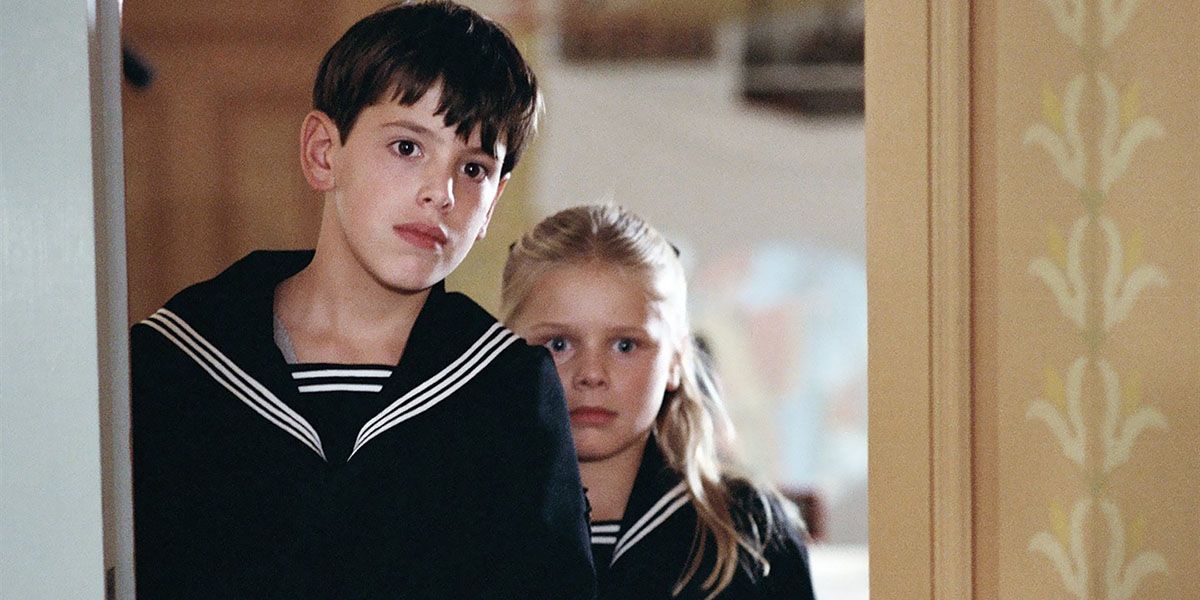
Directing more than 60 films across his lifetime, Ingmar Bergman is another director who left his mark in the world of cinema from early works such as Wild Strawberries (1957) to Fanny and Alexander in 1982. A renowned theater director (having directed over 170 plays) as well as film director, Bergman put a focus on portraying the struggles of the mind and human condition in his creative work.
His films met critical acclaim from across the world and as put in his own words, “Film as dream, film as music. No art passes our conscience in the way film does, and goes directly to our feelings, deep down into the dark rooms of our souls.” His unique and uncompromising approach to cinema and life makes his place in film history indisputable.
Denis Villeneuve (Canada)

A contemporary film genius and acclaimed director of Dune, which won six of the 10 Oscar nominations at the 94th Academy Awards, Denis Villeneuve is another major contender as one of the great foreign filmmakers of all time.
Having received the Canadian Screen Award multiple times, including the Canadian film of the year, Villeneuve’s innovative, visually and artistically compelling silver screen releases have won multiple awards and public acclaim. Before Dune, Villeneuve had become known for his compelling thrillers including Prisoners, Arrival, and Bladerunner 2049, making a definite mark on the current world of cinema.
Kenji Mizoguchi (Japan)
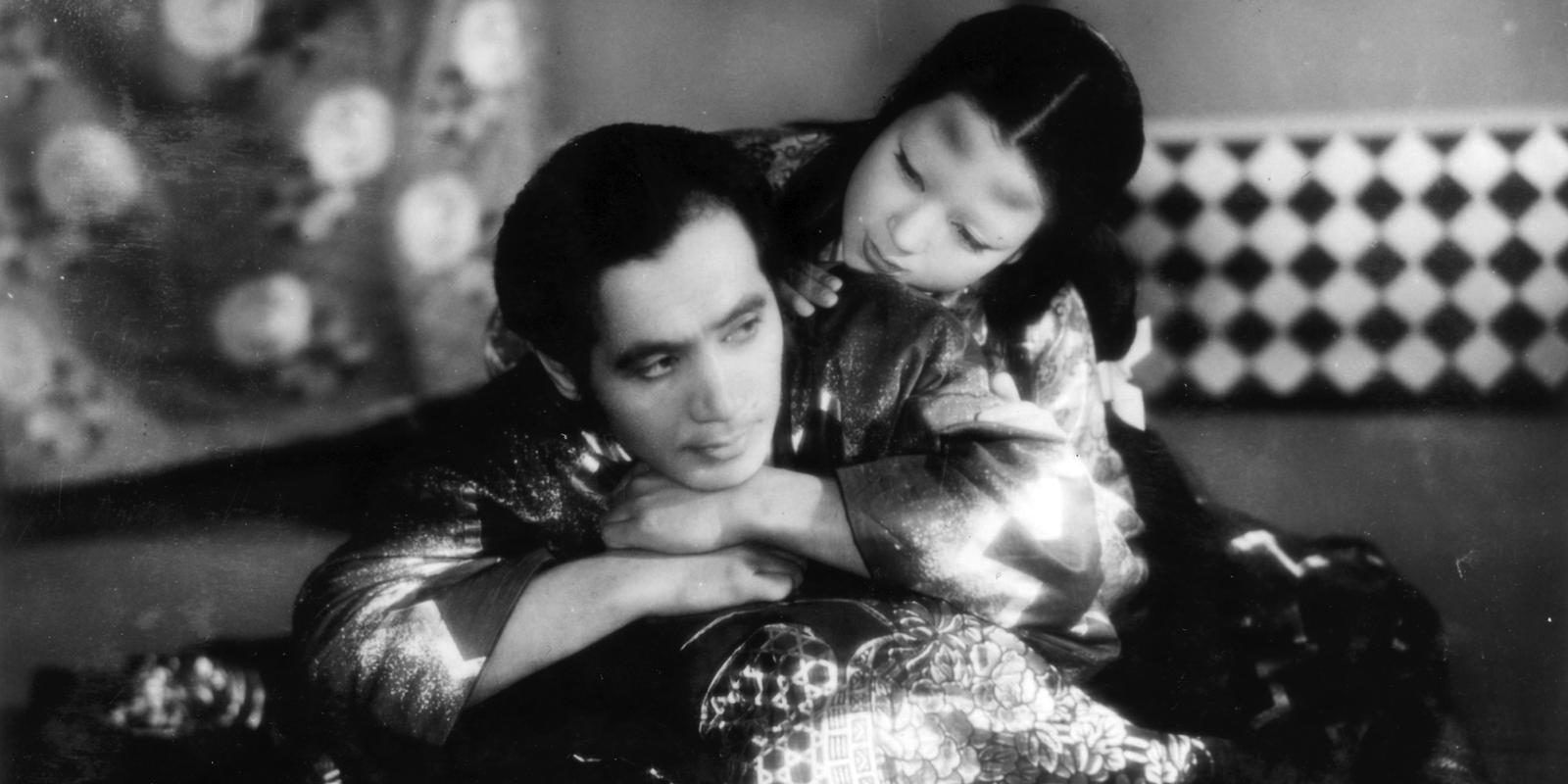
Another acclaimed Asian director is Kenji Mizoguchi, globally famous for his powerful storytelling and experimental use of long takes to direct his films.
Among his many silver screen successes include Ugetsu (1953), The Life of Oharu (1952), and his last film shown at the 75th Venice International Film Festival in 2018, Street of Shame. His ability to humanize difficult topics, such as in his last film, which focused on personal stories of women in the red-light district, contributes to his creative genius and global impact on the world of cinema.
Jacques Demy (France)
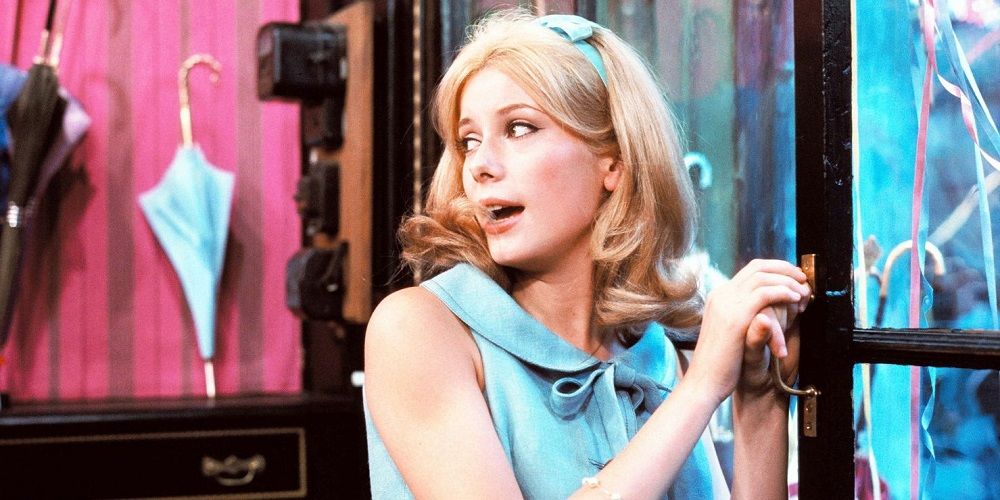
Another shining light of the French New Wave was Jacques Demy, who blended controversial topics such as incest, labor rights and chance encounters with equally vibrant film making methods. Some of his iconic films include Lola, The Young Girls of Rocheforte, and The Umbrellas of Cherbourgm where he directed Hollywood greats like Gene Kelly and George Chakiris of West Side Story.
His creative ability to combine opera, jazz, fairy lore and Japanese manga in his filmmaking process made him stand out in his era and sets him apart as a true maverick of the silver screen.
Lars Von Trier (Denmark)
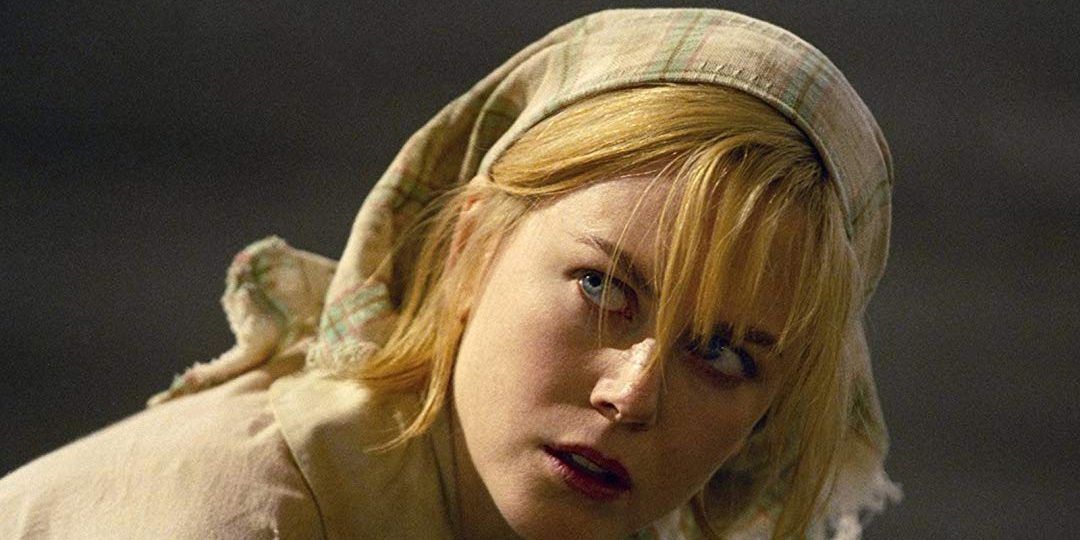
A controversial yet globally admired filmmaker, Lars von Trier made his mark on the world stage with his bold reflection and portrayal of social and emotional issues including mental health and existentialism.
Recipient of many accolades across his four decade-career include the Palme d’Or for Dancer In The Dark and the Technical Grand Prize awarded at Cannes for The Element Of Crime And Europa, he is a living legend from whom budding filmmakers, as well as established directors, find inspiration. His innovative approach to cinema underlines his relevance to filmmakers today who were inspired by his ability to depict controversial political and social issues in his creative work.
Wong Kar-Wai (Hong Kong)
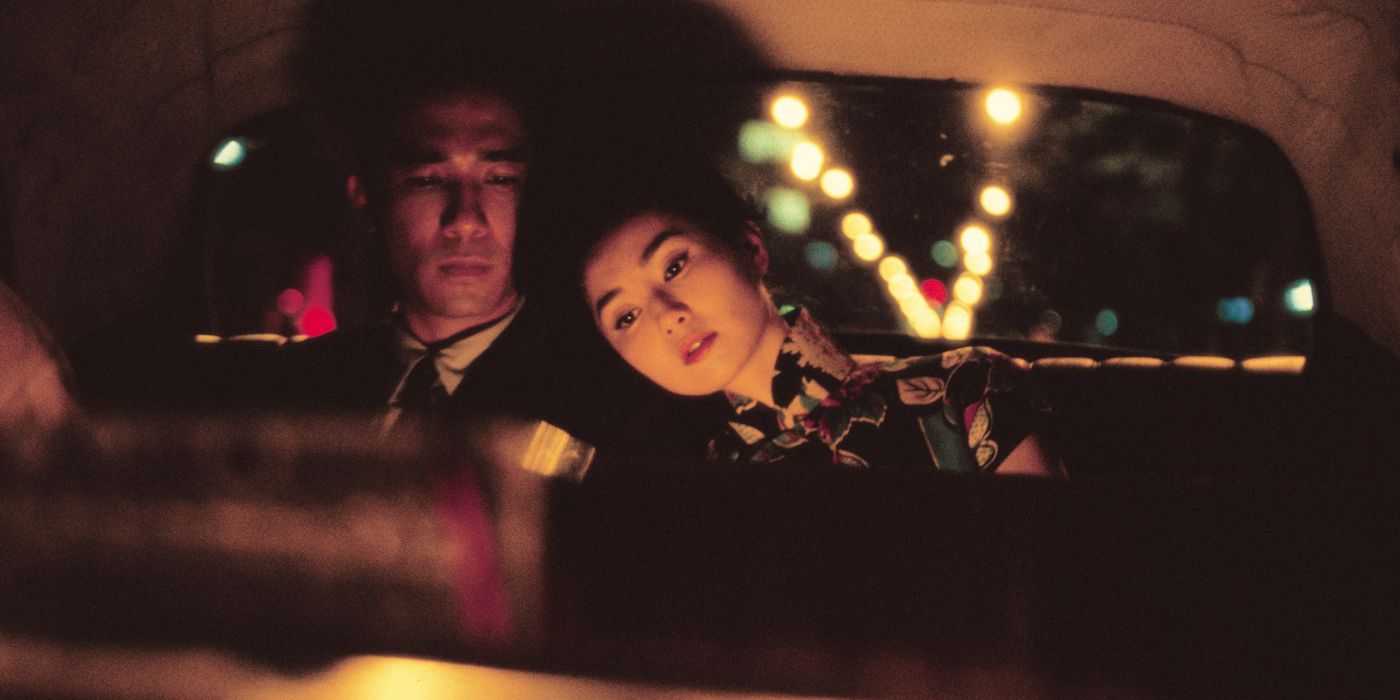
Producer, screenwriter and prolific director: the influence of Wong Kar-Wai on modern world cinema cannot be underestimated. His fresh, bold use of color, music and atmosphere in his films, including Days of Being Wild, Chungking Express and In the Mood for Love, along with his subtle approach to storytelling, has impacted the contemporary film scene.
As producer, he was also recently recognized for the film, One For The Road, which won a Special Jury Award at its world premiere at the 2021 Sundance Film Festival. Born in 1958 in Shanghai, he is a director whose future cinematic endeavors will be exciting to chart and follow, a compelling reason for him to be considered among the greatest foreign film directors of all time.

